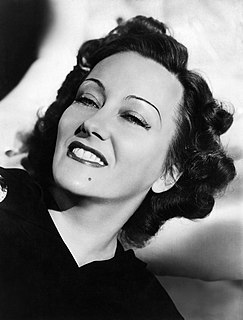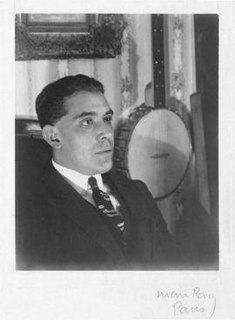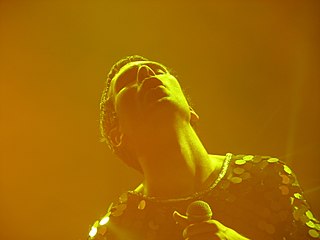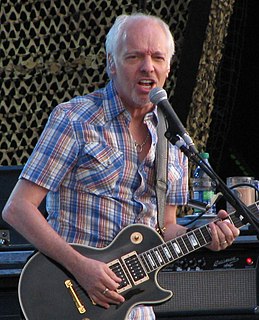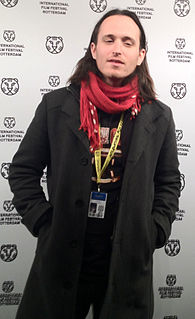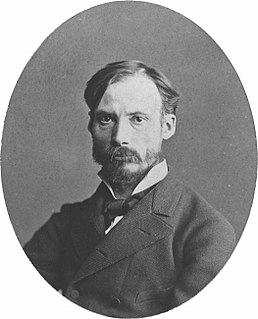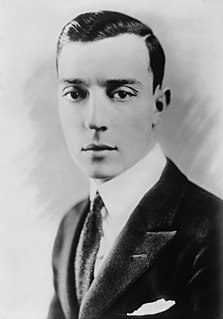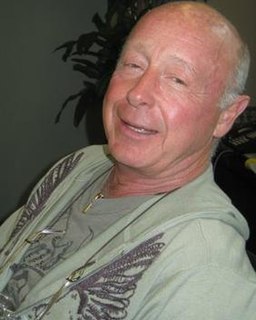A Quote by Gloria Swanson
From the first moment on the set I was consumed with curiousity about the technical side of shooting a sound picture.
Related Quotes
Painting for me is like a fabric, all of a piece and uniform, with one set of threads as the representational, esthetic element, and the cross-threads as the technical, architectural, or abstract element. These threads are interdependent and complementary, and if one set is lacking the fabric does not exist. A picture with no representational purpose is to my mind always an incomplete technical exercise, for the only purpose of any picture is to achieve representation.
There's a difference between writing, the written word, and music. When you have the blank page it doesn't make a sound, which is like what happens to me every night when I'm playing. There is that crazy moment: the first mark you make on the page. But sound can inspire sound, in a way that words can't inspire words - at least for me. The nature of sound itself is still a huge mystery to me. I'm very happy about that.
An eye-opening moment in my life, a very defining moment, was the first time I met Susan Sarandon [before shooting Thelma & Louise]. We were going to meet, just Ridley [Scott] and Susan and I, to go through the script and see if we had any thoughts or ideas. I was reading the script, and in the most girly way possible, meaning that if it was a line that could change or something different I'd like to see, I would think about each one and say, "Well, this one can wait till the set because I don't want to bring up too many things."
Consumerism is, quite precisely, the consuming of life by the things consumed. It is living in a manner that is measured by having rather than being... and consumerism is hardly the sin of the rich. The poor, driven by discontent and envy, may be as consumed by what they do not have as the rich are consumed by what they do have. The question is not, certainly not most importantly, a question about economics. It is first and foremost a cultural and moral problem requiring a cultural and moral remedy.
The first thing I did in the studio was to want to tear that camera to pieces. I had to know how that film got into the cutting room, what you did to it in there, how you projected it, how you finally got the picture together, how you made things match. The technical part of pictures is what interested me. Material was the last thing in the world I thought about. You only had to turn me loose on the set and I`d have material in two minutes, because I`d been doing it all my life.
